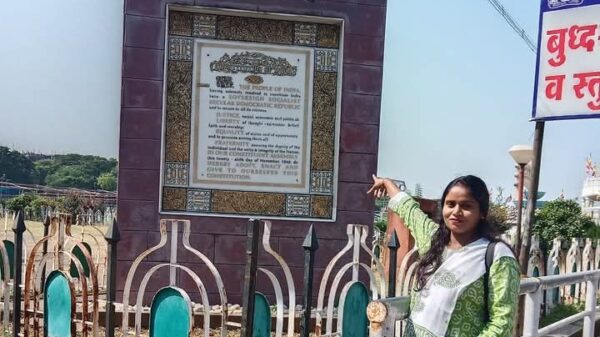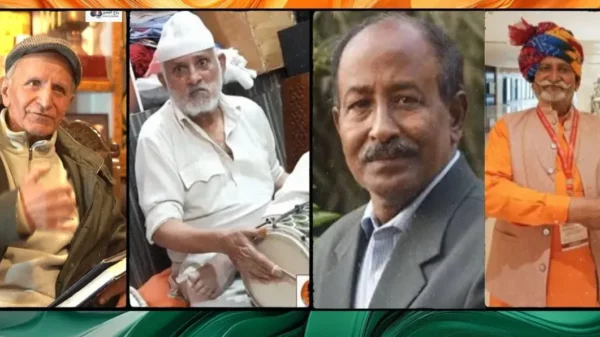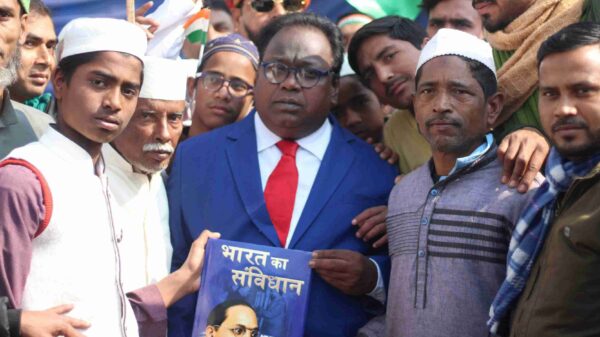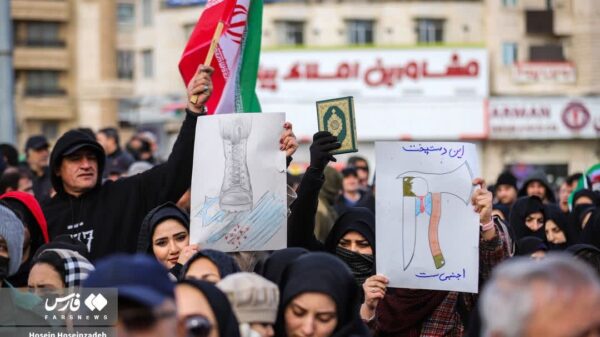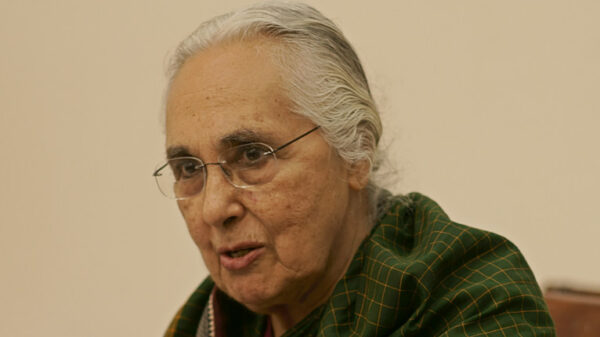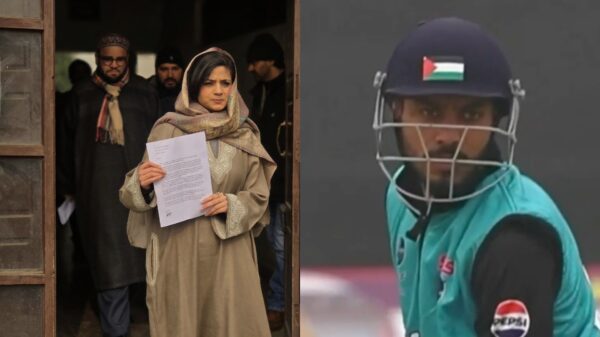In a landmark verdict, the Supreme Court on Thursday 3 oct banned caste-based discrimination like division of manual labour, segregation of barracks and bias against prisoners of denotified tribes and habitual offenders by holding as “unconstitutional” the jail manual rules of 10 states for fostering such biases.
Stating that “there cannot be any stigma attached to the existence, touch or presence of any person”, and that “the right to live with dignity extends even to the incarcerated”, the Supreme Court on Thursday directed the Centre and states to do away with provisions in prison manuals which perpetuate caste discrimination.
The ruling came on a plea which challenged various provisions in state prison manuals on the grounds of being violative of Articles 14, 15, 17, 21, and 23 of the Constitution of India. It was contended that caste-based discrimination continues to persist in the prisons in the country with respect to the division of manual labour, segregation of barracks; and provisions that discriminate against prisoners belonging to denotified tribes and “habitual offenders”.
The Supreme Court held the provisions under challenge in the various state manuals unconstitutional and directed all states and Union territories “to revise their Prison Manuals/Rules in accordance with this judgment within a period of three months”. Indian Express reported.
Observing that “right to live with dignity extends even to the incarcerated”, a bench comprising Chief Justice D Y Chandrachud and Justices J B Pardiwala and Manoj Misra said, “Criminal laws of the colonial era continue to impact the postcolonial world.” It asked the Centre and the states to amend their prison manuals and laws within three months, and file compliance reports before it.
According to the Hindustan Times, The verdict, delivered by Chief Justice of India (CJI) Dhananjaya Y Chandrachud, specifically addressed the entrenched discriminatory practices against marginalised communities, including scheduled castes (SC), scheduled tribes (ST) and denotified tribes (DNTs) in India’s prisons.
“The right to live with dignity extends even to the incarcerated. Not providing dignity to prisoners is a relic of the colonisers and pre-colonial mechanisms, where oppressive systems were designed to dehumanise and degrade those under the control of the State,” the bench said.
The court issued a series of directives to the Centre and states to ensure that no inmate is subjected to work assignments or housing arrangements based on their caste, and ordered that the caste column in registers of undertrial and convicted prisoners be deleted.






